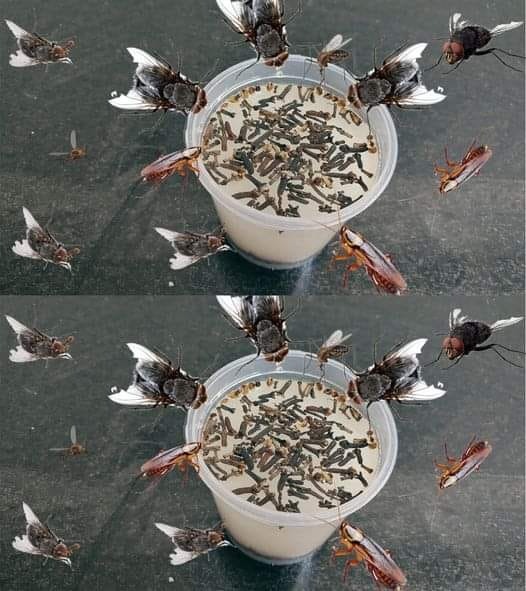5. The Under-the-Influence Guest
Whether it’s alcohol, drugs, or anything else impairing their behavior, an attendee who arrives in an altered state risks causing embarrassment, discomfort, or outright chaos during an already emotionally charged day.
6. The Hidden Enemy
It’s a hard truth, but sometimes, people who had deep conflicts or unresolved hostilities with the deceased—or even with close family members—may not be the right fit for a peaceful farewell. Their presence can reignite old wounds rather than help heal them.
7. The Opportunist
Some people see funerals as networking events or opportunities to gain something—whether it’s money, influence, or personal benefit. If their reasons for attending aren’t rooted in respect and compassion, their absence may be better for everyone’s peace of mind.
8. The Social Media Broadcaster
In the age of smartphones, there are always those who can’t resist taking pictures, posting live videos, or sharing details online without permission. A funeral should be intimate and private—not a spectacle for likes and shares.
Final Thoughts
A funeral is one of the most sacred rites of passage in human life. Protecting the atmosphere of respect, love, and unity is essential for the grieving process. While it may be difficult to decide who should or shouldn’t be there, sometimes setting boundaries is the most loving thing you can do—for the deceased, for the family, and for the memory you wish to preserve.






